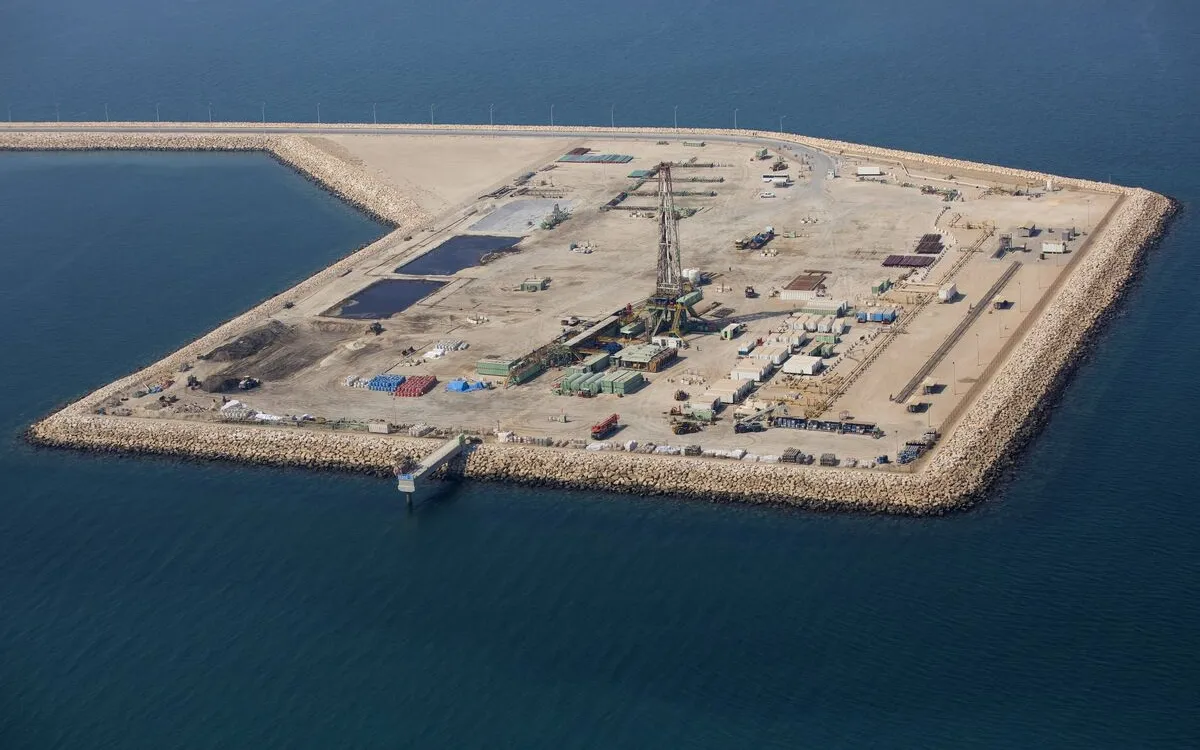
OPEC+, the coalition of oil-producing nations, has made a significant decision to increase oil output for the third consecutive month, despite concerns from key member Russia. This move marks a pivotal shift in policy that has resulted in a noticeable decline in crude oil prices.
During a recent video conference held on Saturday, the oil-producing countries, led by Saudi Arabia, reached an agreement to raise production by an additional 411,000 barrels per day starting in July. This decision aligns with similar output increases that were implemented in May and June, reflecting a dramatic shift from a previous strategy focused on maintaining higher prices to one that actively aims to lower them.
The ongoing increase in oil production by OPEC+ has significant implications for global oil prices. By adding more supply to the market, the coalition aims to address the growing demand while simultaneously attempting to stabilize prices that have recently faced downward pressure. This strategic change not only impacts oil prices but also influences the overall economy and energy markets.
Despite the collective agreement among OPEC+ members, Russia has expressed reservations regarding the increased output. The differing viewpoints among member states highlight the complexities within the coalition as they navigate the balance between production levels and market stability. Russia's concerns could influence future discussions and decisions regarding oil output.
The decision by OPEC+ to ramp up oil production underscores a significant transformation in their approach to managing oil prices. As the coalition continues to adjust its strategies in response to market demands, stakeholders and consumers alike will be closely monitoring the effects of these changes on crude oil prices and the broader energy landscape.